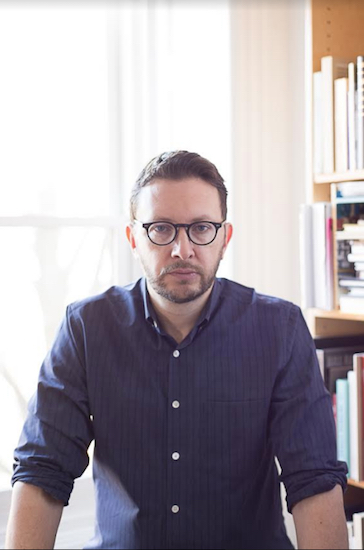Seasoned NYC journalist Randy Kennedy talks Texas grit, debut novel
Brooklyn BookBeat

A modern incarnation of a classic story from the Old West, “Presidio” is a gritty literary debut set in the vast and arid landscape of the 1970s Texas Panhandle. The story follows a car thief who joins his brother on a misbegotten mission, the girl they unwittingly kidnap and her desperate, volatile father unspools across miles of backroads and small-town motels until it ends inexorably in the border town of Presidio.
Troy Falconer returns home after years of solitary wandering and stealing cars to help his younger brother Harlan search for his wife, who has disappeared with what little money he had. The two make off with an unattended station wagon, accidentally abducting Martha Zacharias, a Mennonite girl sleeping concealed in the back. Though only 9 years old, Martha turns out to be a resolute, stubborn survivor with her own reasons for wanting to be on the run. Together, the unlikely companions attempt an escape into Mexico, pursued by Martha’s furious father and the unseen but ever-present specter of the law.
The tale is told partly through Troy’s road journal, a glovebox testament to his complete estrangement from American life. Shunning even personal property, he cases motels, stealing from men roughly his size and living with their possessions in order to have none of his own — disappearing into anonymity and a life of fleeting encounters with fellow thieves, down-and-outers and roadside philosophers, people looking for fast money, human connection or a home long since vanished.

Brooklyn Boro
View MoreNew York City’s most populous borough, Brooklyn, is home to nearly 2.6 million residents. If Brooklyn were an independent city it would be the fourth largest city in the United States. While Brooklyn has become the epitome of ‘cool and hip’ in recent years, for those that were born here, raised families here and improved communities over the years, Brooklyn has never been ‘uncool’.